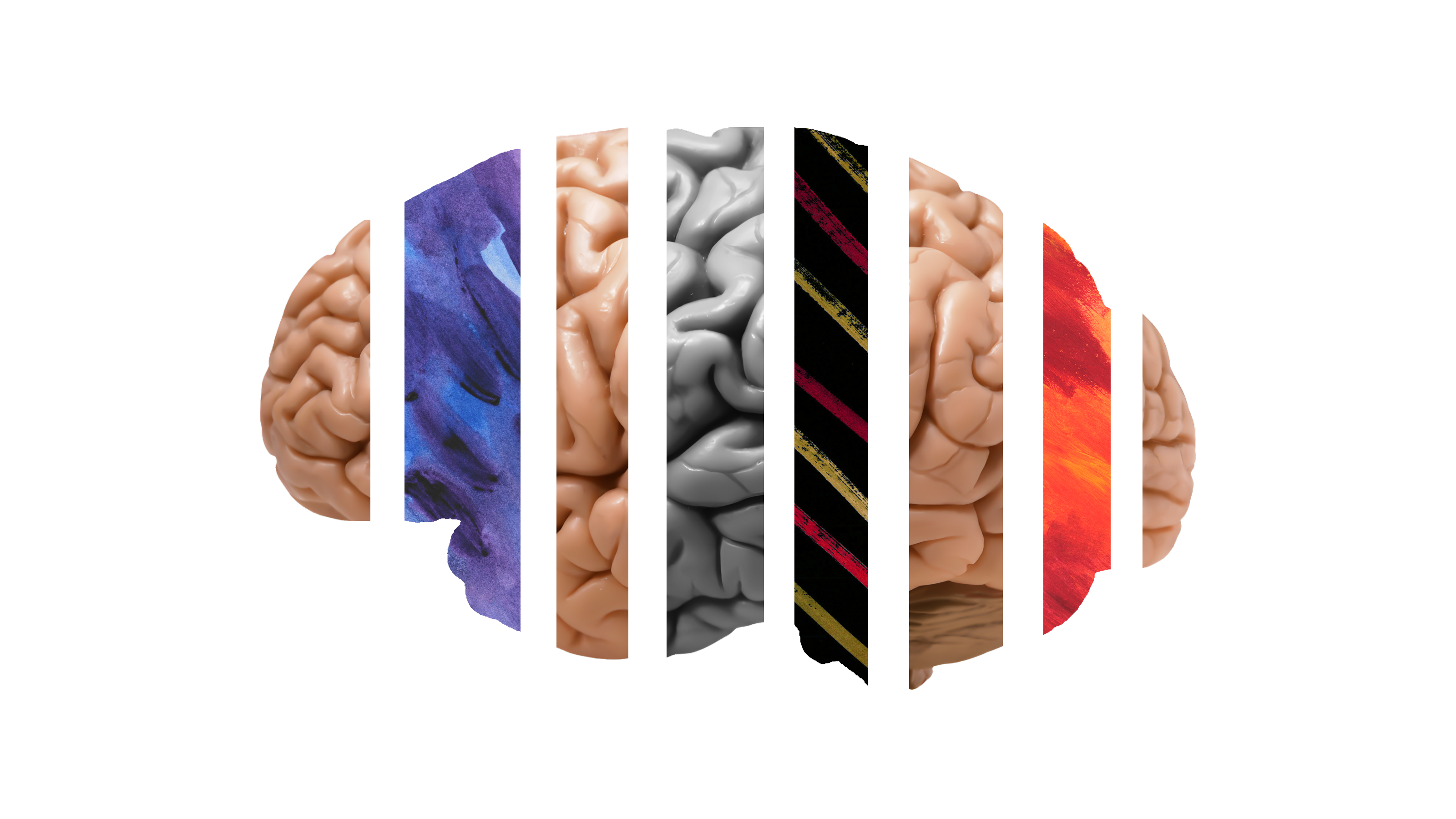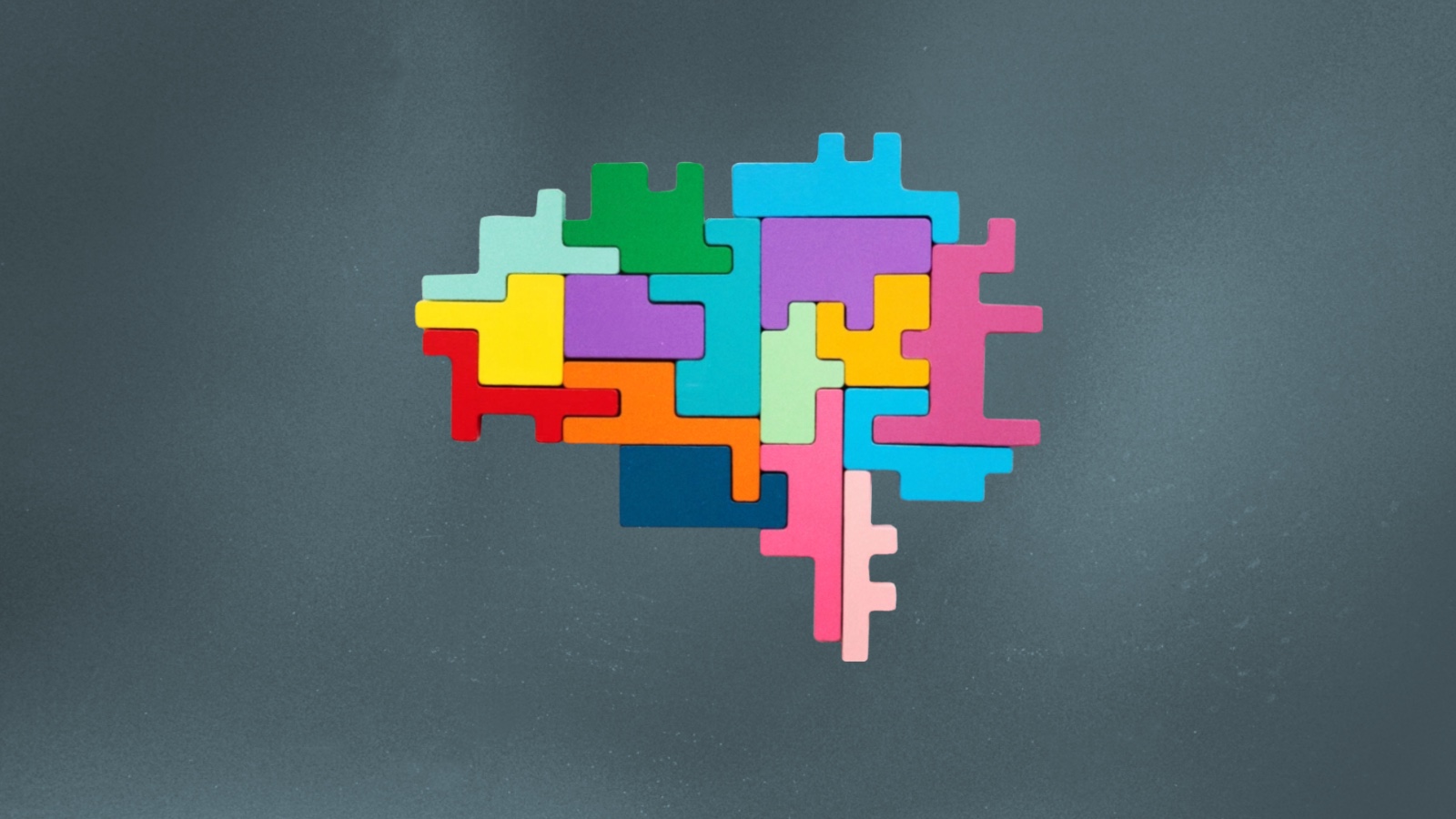Brain Self-Organizes into Different Chambers, Preventing Damage to the Whole

Writing is a recent innovation in the history of human evolution. So, how then is it that our brains have incorporated a skill of this type? Is it based on speaking?
Lead researcher Brenda Rapp, along with her team, wanted to find out just that. They write in their paper that it’s possible “written language is dependent on evolutionarily older skills, such as spoken language; another is that dedicated substrates develop with expertise.” But researchers found in their studies that people can have damage to the speaking part of the brain that leaves writing unaffected and vice versa.
The researchers used five individuals with aphasia in their experiments. Four of them had experienced difficulties writing sentences with the proper suffixes, but no issues speaking the same sentence, while the remaining one had the opposite problem.
The researchers showed the five participants a series of images, and asked them to describe the action depicted by telling and writing what they saw. They would get a participant saying, “The boy is walking,” but writing, “The boy is walked.” These results help support Rapp’s idea that there are “two quasi-independent language systems in the brain” that are responsible for high-level sentence construction.
Rapp said in a press release:
“We found that the brain is not just a ‘dumb’ machine that knows about letters and their order, but that it is ‘smart’ and sophisticated and knows about word parts and how they fit together. When you damage the brain, you might damage certain morphemes but not others in writing but not speaking, or vice versa.”
What’s more, the discoveries from this study could help aid in education and rehabilitation to help people who struggle with the written language.
That different regions of the brain are responsible for distinct functions may explain why humans are incapable, neurologically speaking, of multitasking. As Dan Harris explains in his Big Think interview, multitasking is a metaphor borrowed from computing, and when we strive toward it, we merely end up doing several things simultaneously — and very poorly.
Read more at EurekAlert!
Photo Credit: Shutterstock





